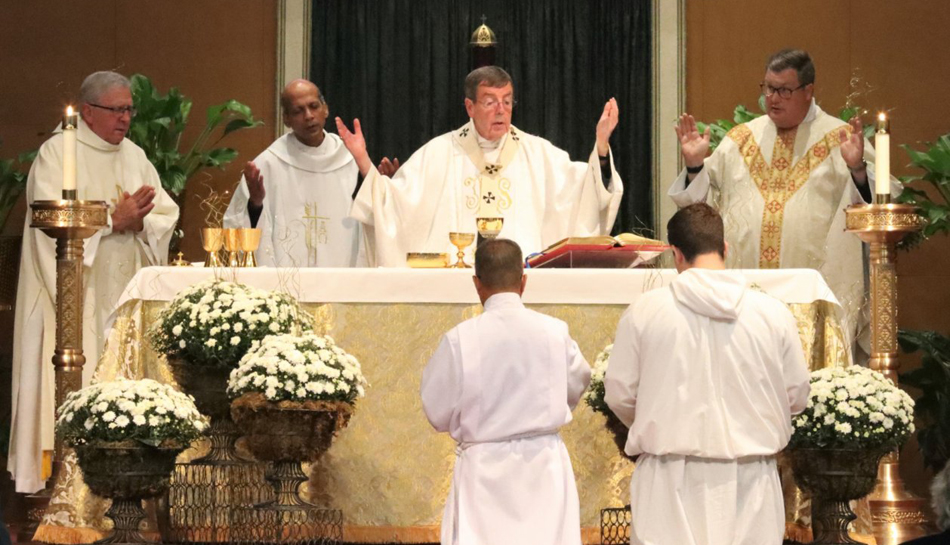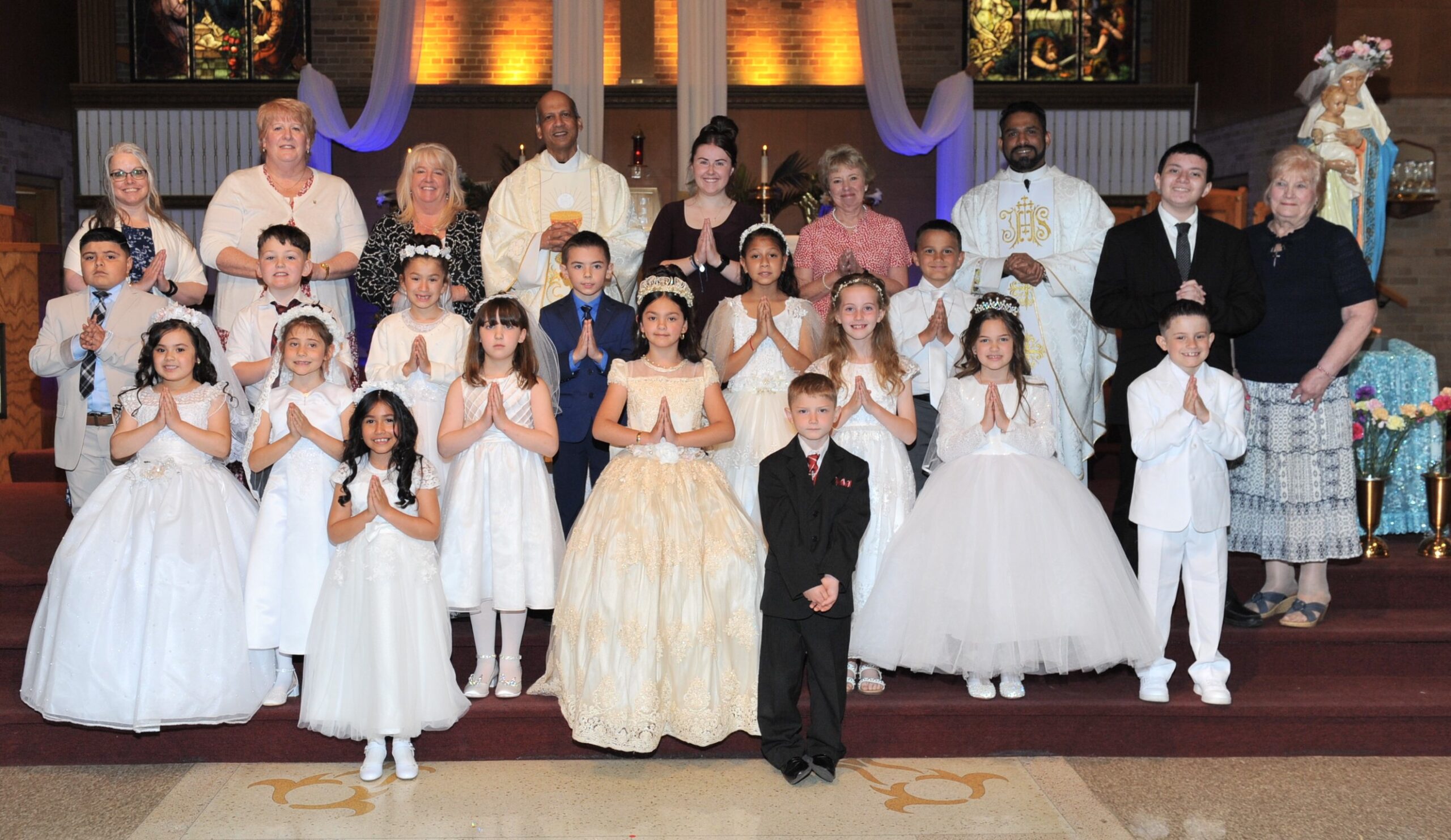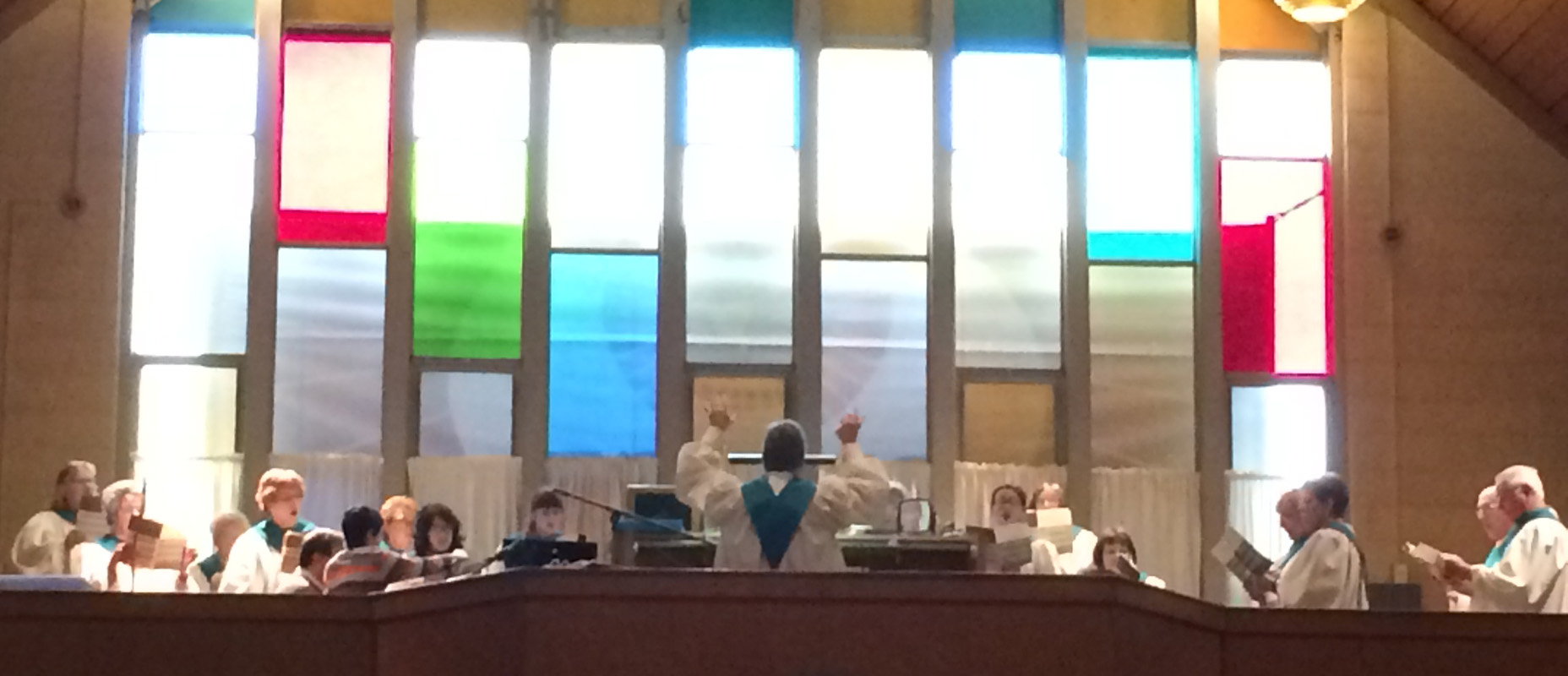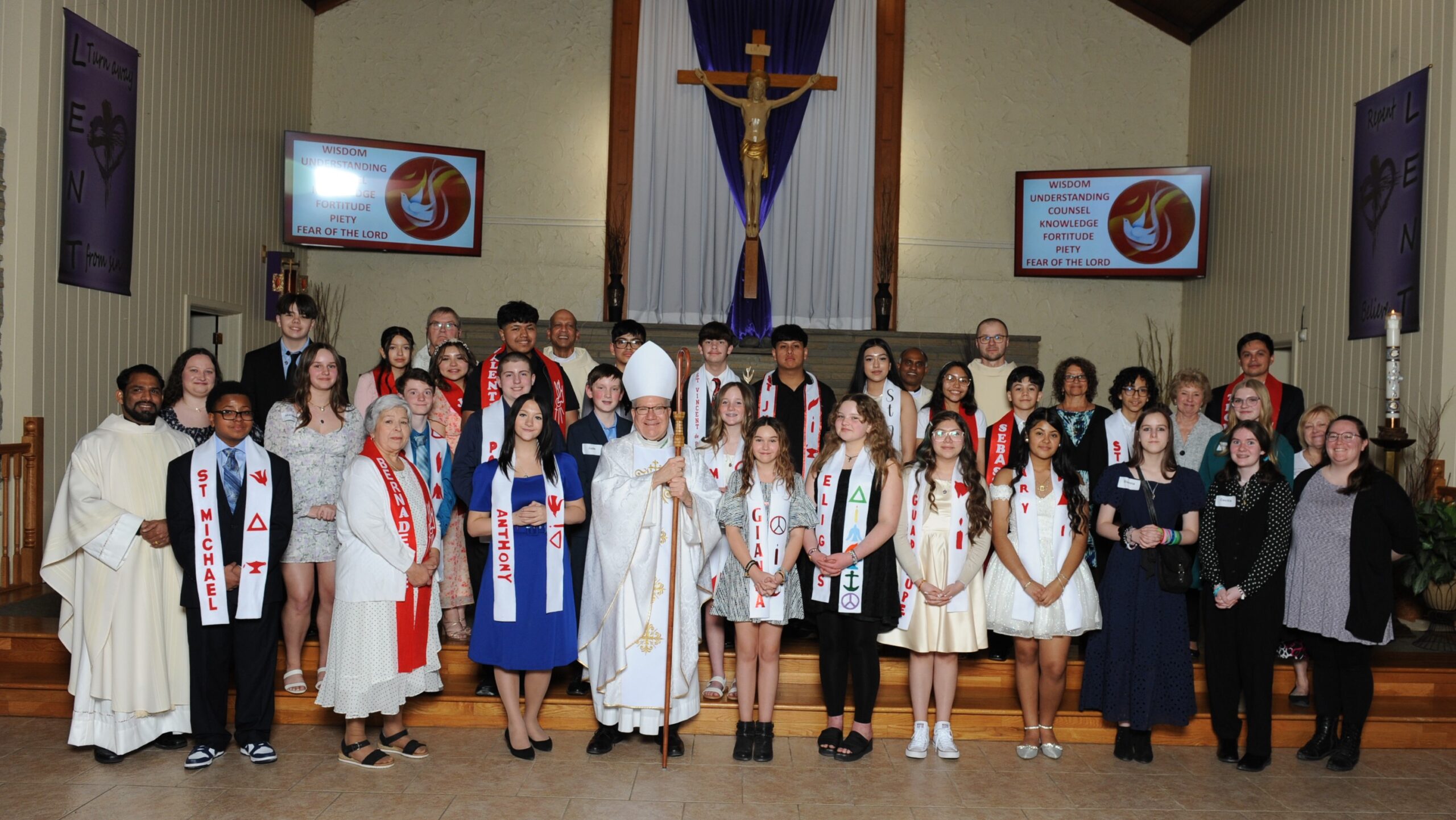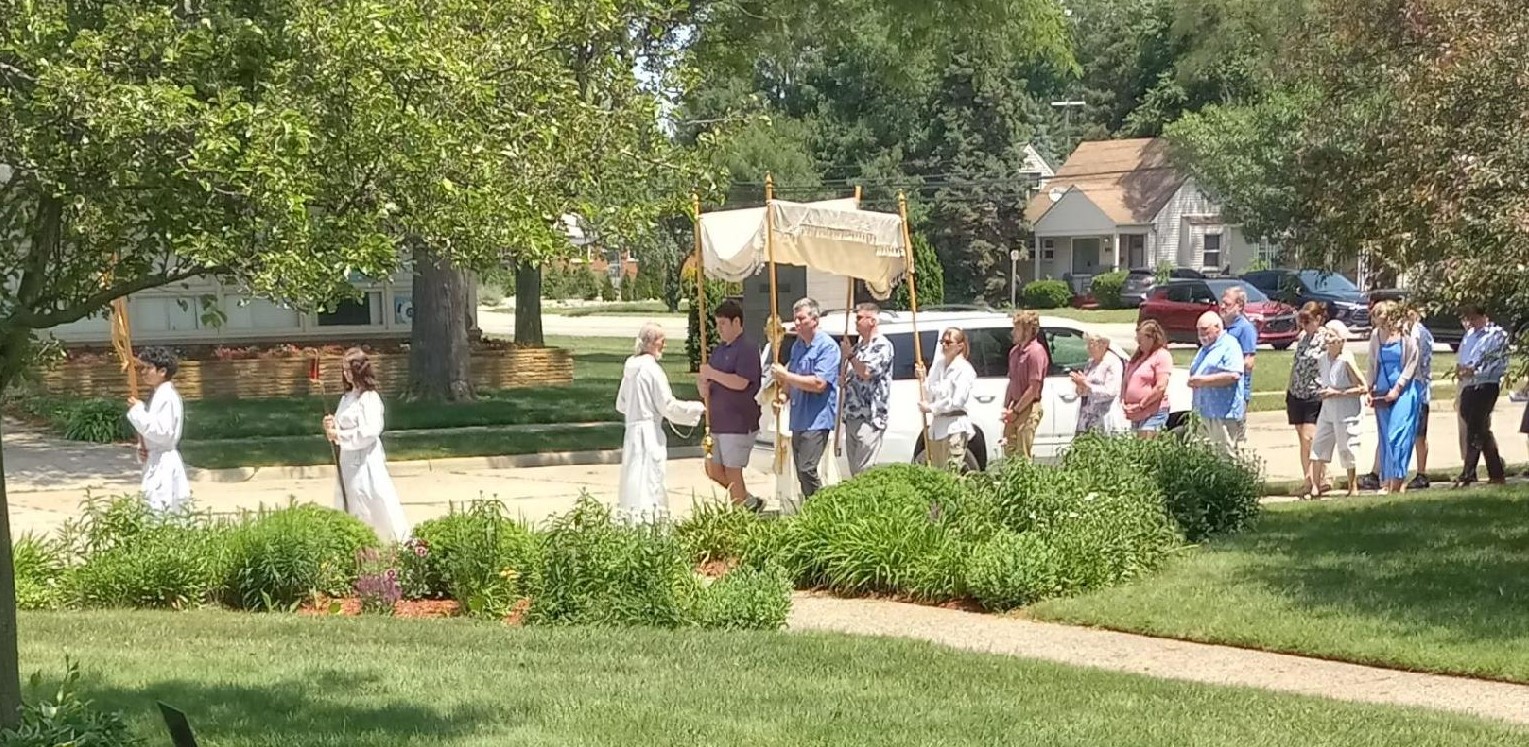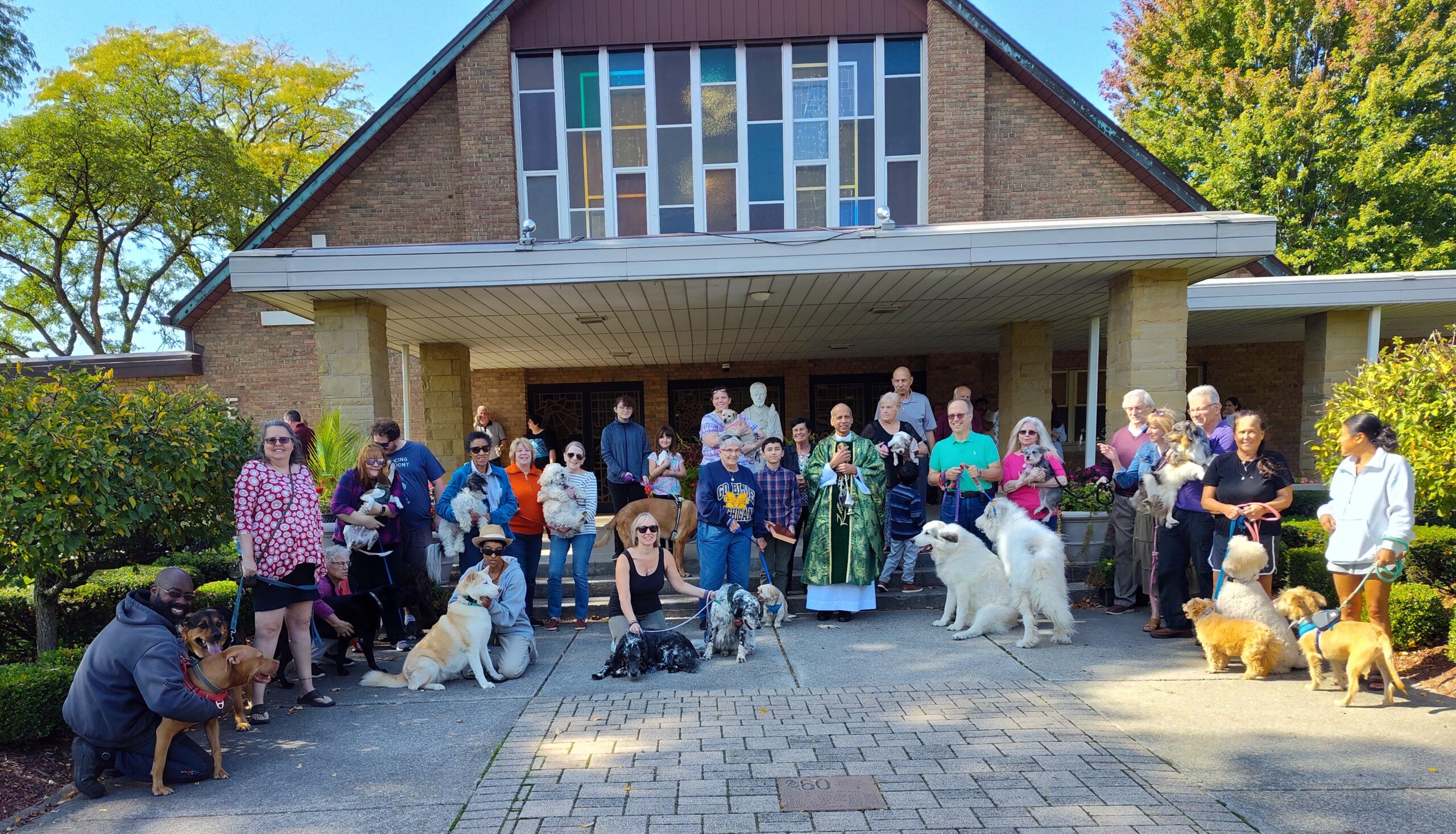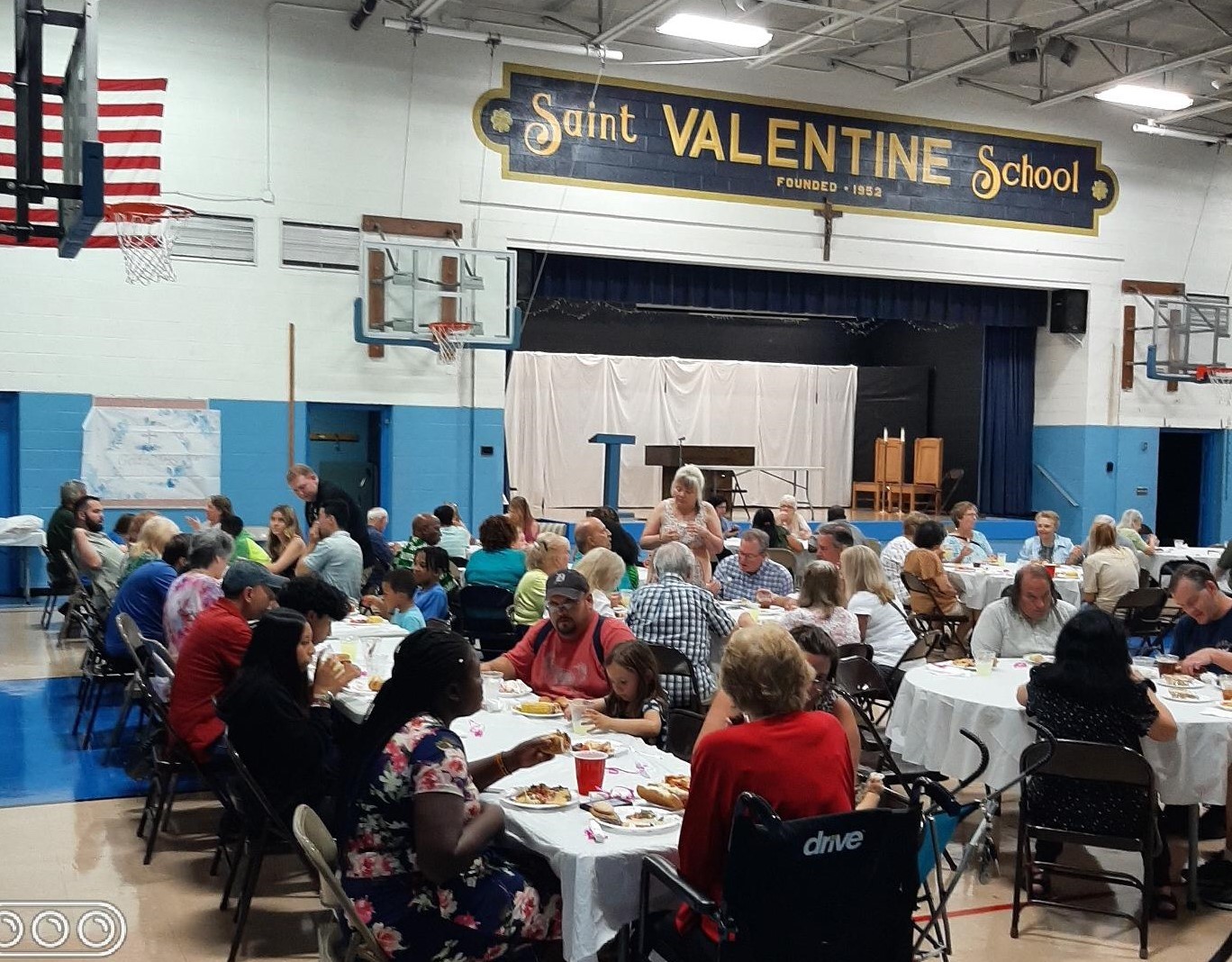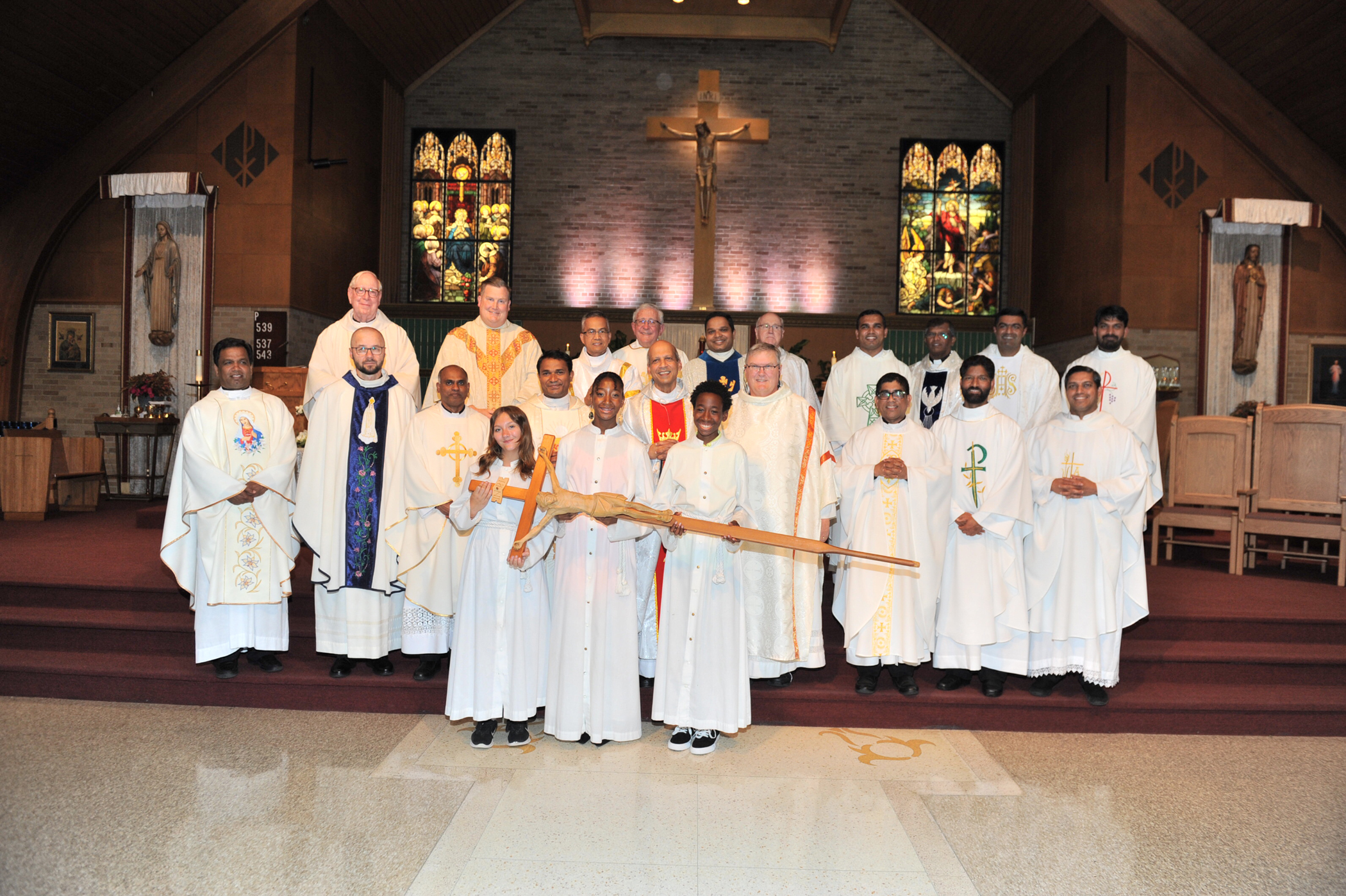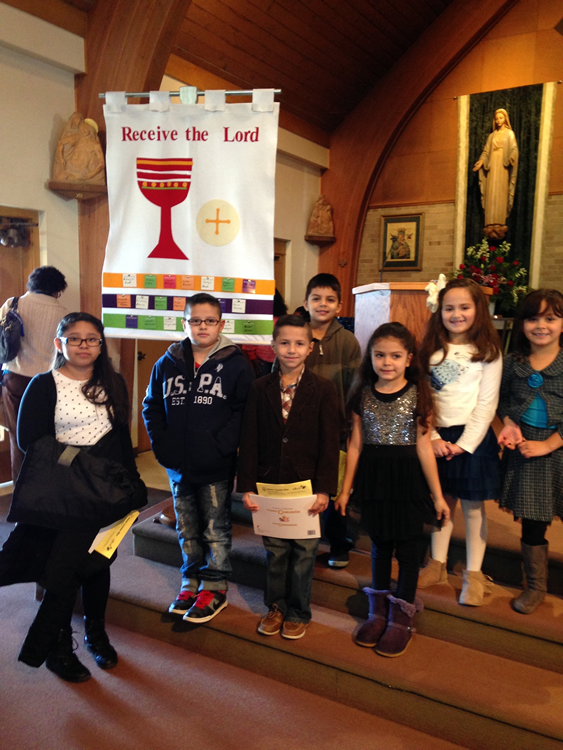This Sunday is traditionally called “Gaudete”, a Latin expression meaning “rejoice”. Besides the priest’s rose vestments we will also light the rose candle in the Advent wreath. All of these point to the nature of Advent itself, that is, a time of joyful expectation of the Lord. The whole liturgy is presented in a song taken from the letter of St. Paul to the Philippians: “Rejoice in the Lord always. I shall say it again, rejoice!” (Phil 4:4). Why must we rejoice? We have so many reasons to rejoice. The principal one, however, is because the Lord is near. (Phil 4:5). The Old Testament people, who did not even witness the first coming of Christ, rejoiced. They rejoiced in the hope of the promise of God. Today’s first reading from the prophet Zephaniah came as a message of hope to the people of Israel. Christians are a people of hope. As the Bible says that Christ is our Hope and our Hope will never fail us (cf Rom. 5:5). Hope is what leads us from one day to another.
The Lord Jesus came into this world to bring glad tidings, or good news, to human kind and he has given us the mandate to proclaim this “Good News” to the whole world. But how can we give what we don’t have? We must be filled with joy so that we may share it with others. Thus, today’s liturgy does not give us room to celebrate a “pity party”. It simply says: REJOICE!
As we approach the celebration of Christmas, today’s liturgy also challenges you and me to share whatever we have with others. Sharing can bring smiles on the faces of the poor. It would be good if you and I could put a smile on someone’s face these coming days. “The crowds asked John the Baptist, ‘What should we do?’ He said to them in reply, ‘Whoever has two cloaks should share with the person who has none. And whoever has food should do likewise.’ (Luke 3:10-11)
The answer to the question, “what should we do?” is simple – SHARE. Sharing from the abundances we are given from God is especially meaningful in this Holy Year of Mercy.
God’s Blessings!
Fr. Socorro
Christmas Collection
On Christmas we take a special collection, and this collection is different from all of the other collections during the year. As you know we get to keep 100% of this collection whereas we only keep 93% of the regular collection. This creates a wonderful opportunity for each of you, and you will get the biggest bang for your buck. You can serve and honor God with a special gift for the Christmas collection, and I ask you to be as generous as your situation allows. Know for sure that every dollar you contribute will be used for the good and betterment of St. Valentine Parish community. Thank you in advance.

